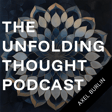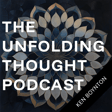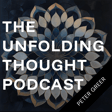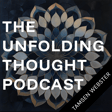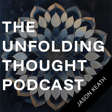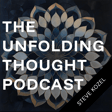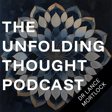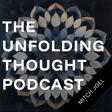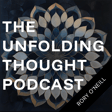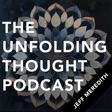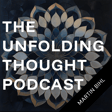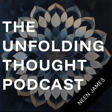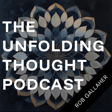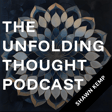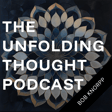
34–Dustin Ryen: The Empire of the Coconut Shucker
Eric Pratum sits down with Dustin Ryen—entrepreneur, marketer, and yes, professional coconut shucker. Dustin shares his journey, from early entrepreneurial lessons learned while selling sandpaper to becoming known as "The Coconut Guy."
Dustin reveals how personal struggles and early life experiences shaped his entrepreneurial spirit, his willingness to embrace change and risk, and why authenticity has been central to his lasting success. He discusses the importance of emotional resonance in business, insights gained from difficult experiences—including being fired by Eric—and why finding joy in your work matters so much.
This conversation explores themes like taking control of your career, the evolving landscape of AI-driven change in business, and why personal connections remain irreplaceable. It’s an episode rich with stories, insights, and practical advice for anyone navigating their career and life.
Topics Explored:
- From Sandpaper to Coconuts: Lessons learned from Dustin's unconventional career path.
- Entrepreneurship and Risk: How Dustin’s early life shaped his attitude toward risk and opportunity.
- Being Fired (by the Host!): Reflections on turning challenging career moments into valuable life lessons.
- Emotional Resonance in Business: Why creating authentic connections matters more than ever.
- Adapting to AI and Automation: Preparing yourself for the evolving career landscape and embracing personal responsibility.
- Joy and Authenticity in Work: Why true passion and a sense of authenticity can define entrepreneurial success.
Links:
- Connect with Dustin on LinkedIn: https://www.linkedin.com/in/dustinryen/
- Check out Dustin on Instagram: https://www.instagram.com/realcoconutguy/
- Rob Croll on LinkedIn: https://www.linkedin.com/in/rcroll/
- How I Built This with Guy Raz: https://podcasts.apple.com/us/podcast/how-i-built-this-with-guy-raz/id1150510297
- James Read’s LinkedIn post about ChatGPT blessing his study: https://www.linkedin.com/posts/jameseread_has-ai-told-you-to-be-blessed-yet-recently-activity-7327866330798325760-RJCM

